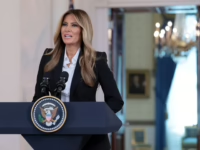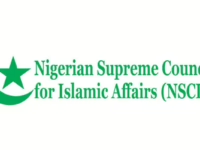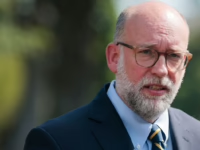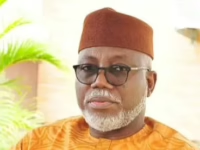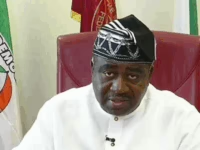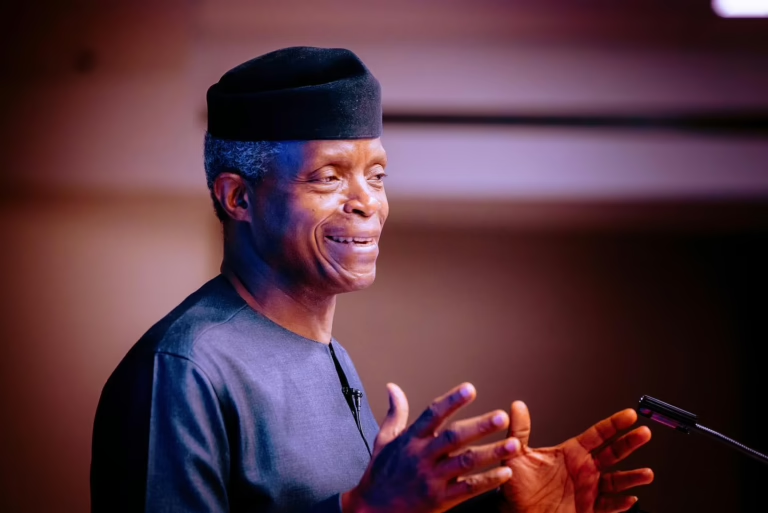Former Vice President Yemi Osinbajo has criticized the Nigerian Supreme Court for its inconsistent rulings and overemphasis on procedural technicalities, which he believes undermine the pursuit of genuine justice.
Speaking in Ilorin, the capital of Kwara State, during the second Prof. Yusuf Ali Annual Lecture hosted by Kwara State University (KWASU), Malete, Osinbajo, a distinguished law professor, emphasized the urgent need for a comprehensive overhaul of Nigeria’s judicial system to better serve the populace rather than merely upholding rigid procedural norms.
“A justice system’s primary role is to serve the people, not to exalt procedural formalities,” Osinbajo remarked.
He pointed out that many court decisions, including those from the Supreme Court, tend to prioritize form over substance. Drawing a comparison, he noted that even the English judiciary, from which Nigeria inherited many legal traditions, has moved beyond such inflexible technicalities by permitting amendments at various stages to ensure fairness prevails.
Osinbajo expressed concern that Nigeria’s persistent adherence to outdated legal principles hampers the effective administration of justice and diminishes public confidence in the judiciary.
“While the Supreme Court has shown some flexibility, especially in electoral cases, the lack of consistency remains troubling,” he added.
“When a justice system elevates form above substance, it risks becoming irrelevant and ineffective.”
He urged legal professionals, scholars, and policymakers to adopt a “critical, decolonized mindset” in reforming legal education, practice, and the broader justice system in Nigeria.
Echoing these views, Prof. Chidi Odinkalu (SAN), a renowned legal scholar and human rights advocate, delivered the keynote address titled “Towards Decolonising Legal Briefs: Effective Implementation of the Local Content Law for the Benefit of Nigerian Lawyers.”
Odinkalu highlighted that Nigeria’s legal framework remains heavily influenced by its colonial heritage and must be restructured to reflect the nation’s unique context and future goals.
“Although Nigeria has attained political sovereignty, it still lacks independence in professional and intellectual realms,” Odinkalu stated.
“Our judiciary remains entangled with external influences. To establish a credible and autonomous legal system, we must dismantle the colonial legacies entrenched in our laws and institutions.”
In his remarks, KWASU Vice Chancellor Prof. Jimoh Shaykh-Luqman praised the strides made by the university’s Faculty of Law, revealing plans to complete significant infrastructure projects by December, including a new departmental building, a 500-seat auditorium, and two lecture halls seating 250 each.
Prof. Yusuf Ali, the host of the lecture and a Senior Advocate of Nigeria, underscored the importance of Nigeria rediscovering a cohesive national identity.
“Every nation needs a unifying symbol, but Nigeria currently lacks one,” he observed.
“The rare moments Nigerians come together are during international football events, yet even that unity is fleeting. We must face our systemic challenges head-on instead of idealizing the past.”







